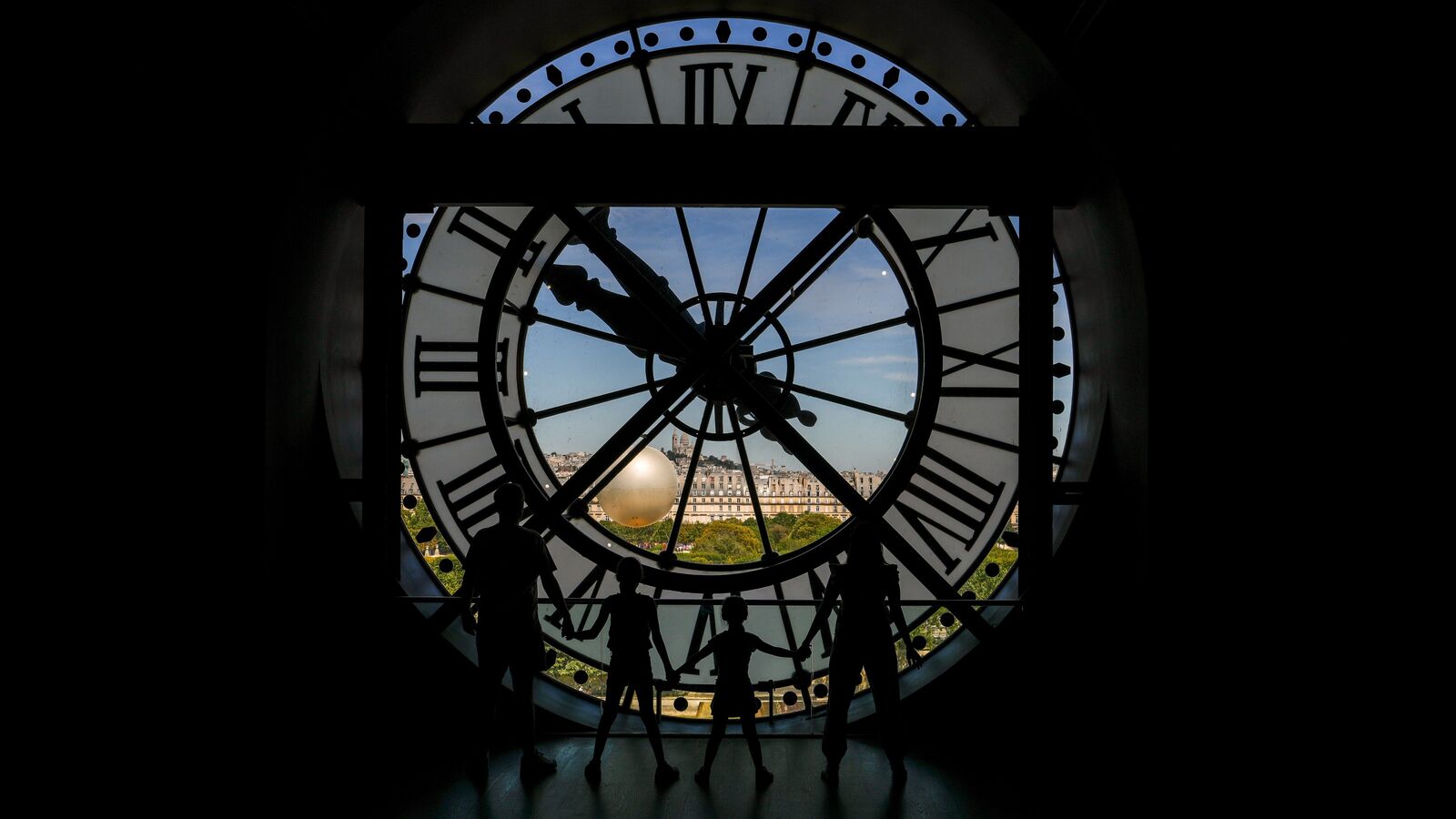The Paris Games are drawing to a close in a tone of Olympic fervour in the French capital. The French, who were previously sceptical, have been convinced by both the performance of their athletes and the quality of their performances. Who won? more medals than at any previous Olympics and the great beauty of the capital’s landscapes.
The sight of BMX freestylers in the air above the Place de la Concorde, or triathletes crossing the finish line in front of the Invalides, with its golden dome, captivated local and foreign spectators. So when Paris hands over the Olympic flame to Los Angeles, the host in 2028, at the closing ceremony on August 11, the city will convey both a sporting symbol and a challenge.
Unlike the aloof Parisians, sports-loving Californians will need no push to support their own games. In April, according to a survey, the word most often used by the French to describe their attitude towards the Olympics was “indifference”; only 19% declared themselves “proud”. But once the games began and the medals arrived, the French went wild.
They found new heroes, notably Léon Marchand, a 22-year-old swimming champion and five-time medallist. Crowds have erupted into spontaneous renditions of La Marseillaise at any excuse, including the nocturnal ascension of the Olympic cauldron into the sky under a golden helium balloon. Parisians who had fled their city, like Londoners in 2012, began to regret it.
What Paris and Los Angeles share, however, is the principle of hosting the Games with a minimum of new construction. Ninety-five percent of the facilities used for the Paris Olympics were either already in operation or temporary. The only new permanent sports facility was the sleek aquatics centre, built in the scruffy Paris district. Seine-Saint Denisand designed for local use later.
This has helped keep the total cost of the Paris Olympics to around €9 billion ($9.8 billion), of which €2.3 billion has come from the public purse; the rest has come from ticket sales, television rights and sponsorship. This figure is lower than the cost of Tokyo, Rio de Janeiro, London, Beijing or Athens, the five previous Olympic venues.
As Marie Barsacq, the legacy director of the Paris organizing committee, put it: “The era of gigantism is over.” In line with this new mood, Los Angeles plans to host the Games without building a single permanent sports facility.
While the Paris Olympics have shown that games don’t need to be pharaonic, they have also shown that it is useful to be Napoleonic. The French have used the Games to carry out ambitious public transport projects.
The extension of line 14 of the driverless metro was completed a few weeks before the Games, as was that of a rapid underground link to La Défense, another of the venues. “The Games have enabled us to arrive on time,” says Valérie Pécresse, president of the Greater Paris region.
Even in centralised France, as Pécresse notes, this has not always been easy, mainly because of blockages in what she calls the country’s “colossal administrative machinery”. What made the difference was that the Paris region (governed by the centre-right) and the city hall (governed by the left) received the full backing of the centrist government and President Emmanuel Macron, who exerted pressure at all levels to keep everything in order.
Yet the new fast link to Paris airport, contested in court by a local authority, will not be completed until 2027. Los Angeles is not trying too hard. Deterred by the cost, the city has already shelved a massive investment plan for new rail systems.
In another sense, France has done what less imperious countries would not dare: close down the centre of the capital for weeks and transform it into a giant pedestrian sports stadium. A large area of Paris, from the Eiffel Tower to the Place de la Concorde, has been converted into a stage for events in temporary stands, from fencing and archery to skateboarding and beach volleyball.
At the cost of complaints from residents and restaurateurs, this has provided a spectacular landscape. In 2028, Los Angeles can have spectacle and glitz; in 2024, Paris will have demonstrated historic elegance.
As always, there was criticism: the lack of air conditioning (Paris wanted a “green” Games), the food in the athletes’ village (little meat, strangely for the French), the cleanliness of the Seine (which has just passed the health test), the cost of steaks and fries in local brasseries (prices rose by up to 36%, according to an investigation by Le Parisien).
But barring any last-minute incidents, when the closing ceremony takes place at the Stade de France, complete with Tom Cruise stunts in a nod to Hollywood, it will be a moment for the French to be proud of. They have managed to play some rather unpleasant matches, which has lifted spirits at home and impressed spectators far beyond.
Catch all theBusiness News, Sports News,Breaking NewsEvents andLatest news Updates in Live Mint. DownloadMint News App to get daily market updates
FurtherLess
Disclaimer:
The information contained in this post is for general information purposes only. We make no representations or warranties of any kind, express or implied, about the completeness, accuracy, reliability, suitability or availability with respect to the website or the information, products, services, or related graphics contained on the post for any purpose.
We respect the intellectual property rights of content creators. If you are the owner of any material featured on our website and have concerns about its use, please contact us. We are committed to addressing any copyright issues promptly and will remove any material within 2 days of receiving a request from the rightful owner.

